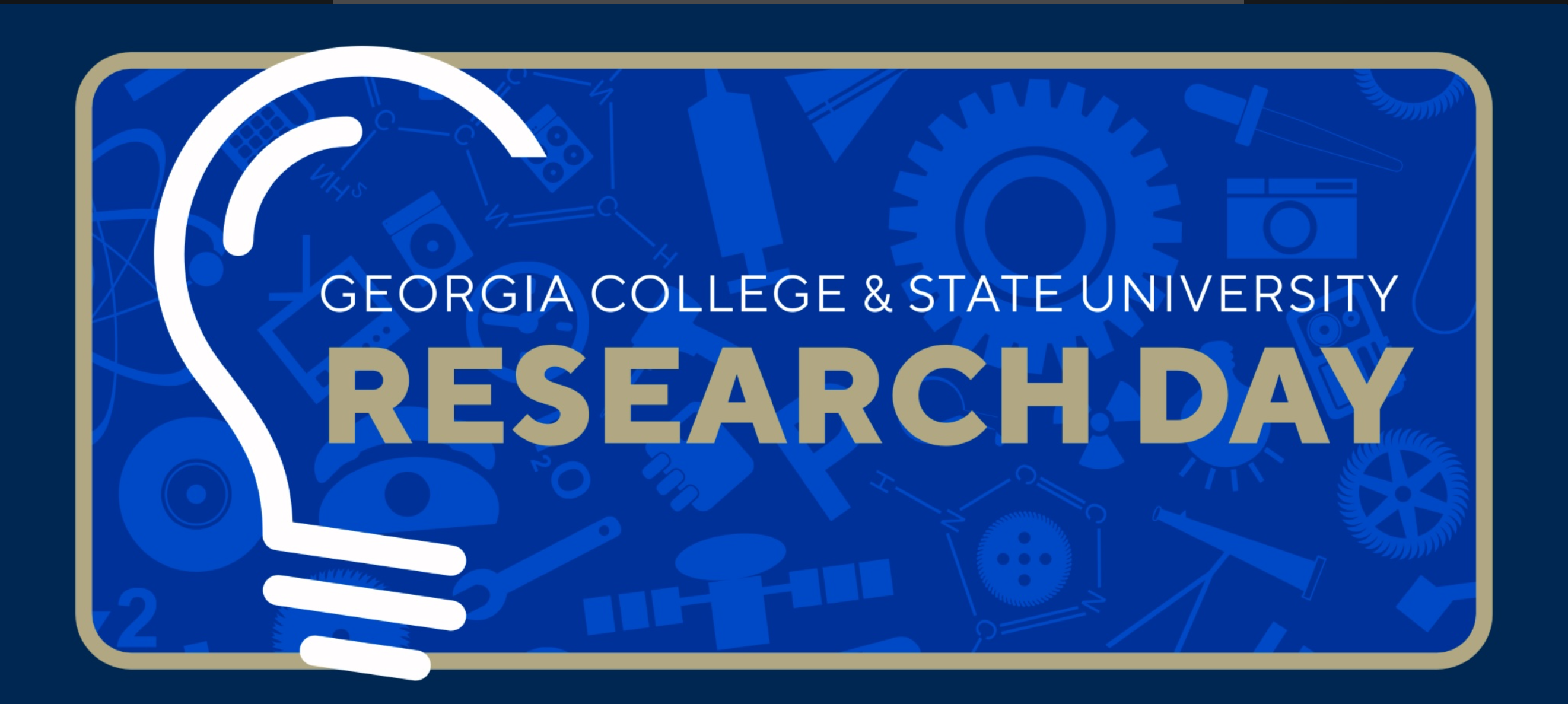A Qualitative Assessment of Personal and Professional Growth in Peer Educators Participating in The Body Project
Faculty Mentor(s) Name(s)
John Moore, Helen DuPree, Scott Butler
Abstract
Background: Research suggests that peer education is an effective pedagogical approach that can be used in a variety of educational contexts. Peer-led health interventions display evidence for effectiveness, suggesting that peer education can be a promising strategy for health improvement. An underappreciated aspect of peer education are the positive impacts associated with personal and professional growth of the educators themselves. Serving as a peer educator can contribute to the development of leadership, communication, and teaching skills. Purpose: The purpose of this study was to assess the development of peer educators leading Georgia College and State University’s implementation of The Body Project. Methods: This study will utilize a one group post-test design that involved administering a questionnaire to all peer educators. Evaluated components include professional development, communication skills, and teaching skills. Qualitative methods were used to identify themes and factors that capture the experiences of peer educators. Results: Researchers hypothesize that peer educators will express growth in all identified areas. Results will also be used to identify various strengths and limitations of the current program implementation. Identified themes will be taken into consideration and addressed for future iterations of the program. Discussion: Research is on-going.
Start Date
27-3-2024 9:00 AM
End Date
27-3-2024 9:50 AM
Location
Magnolia Ballroom
A Qualitative Assessment of Personal and Professional Growth in Peer Educators Participating in The Body Project
Magnolia Ballroom
Background: Research suggests that peer education is an effective pedagogical approach that can be used in a variety of educational contexts. Peer-led health interventions display evidence for effectiveness, suggesting that peer education can be a promising strategy for health improvement. An underappreciated aspect of peer education are the positive impacts associated with personal and professional growth of the educators themselves. Serving as a peer educator can contribute to the development of leadership, communication, and teaching skills. Purpose: The purpose of this study was to assess the development of peer educators leading Georgia College and State University’s implementation of The Body Project. Methods: This study will utilize a one group post-test design that involved administering a questionnaire to all peer educators. Evaluated components include professional development, communication skills, and teaching skills. Qualitative methods were used to identify themes and factors that capture the experiences of peer educators. Results: Researchers hypothesize that peer educators will express growth in all identified areas. Results will also be used to identify various strengths and limitations of the current program implementation. Identified themes will be taken into consideration and addressed for future iterations of the program. Discussion: Research is on-going.


